According to the World Health Organization (WHO), the continued circulation of SARS-CoV-2 and the emergence of variants requires constant vigilance and a global mechanism for monitoring, surveillance and assessment.
WHO's TAG-CO-VAC (Technical Advisory Group on SARS-CoV-2 Evolution) has held meetings to assess the impact of SARS-CoV-2 evolution on Covid-19 vaccine antigen composition; and advise WHO on whether changes to vaccine composition are needed.
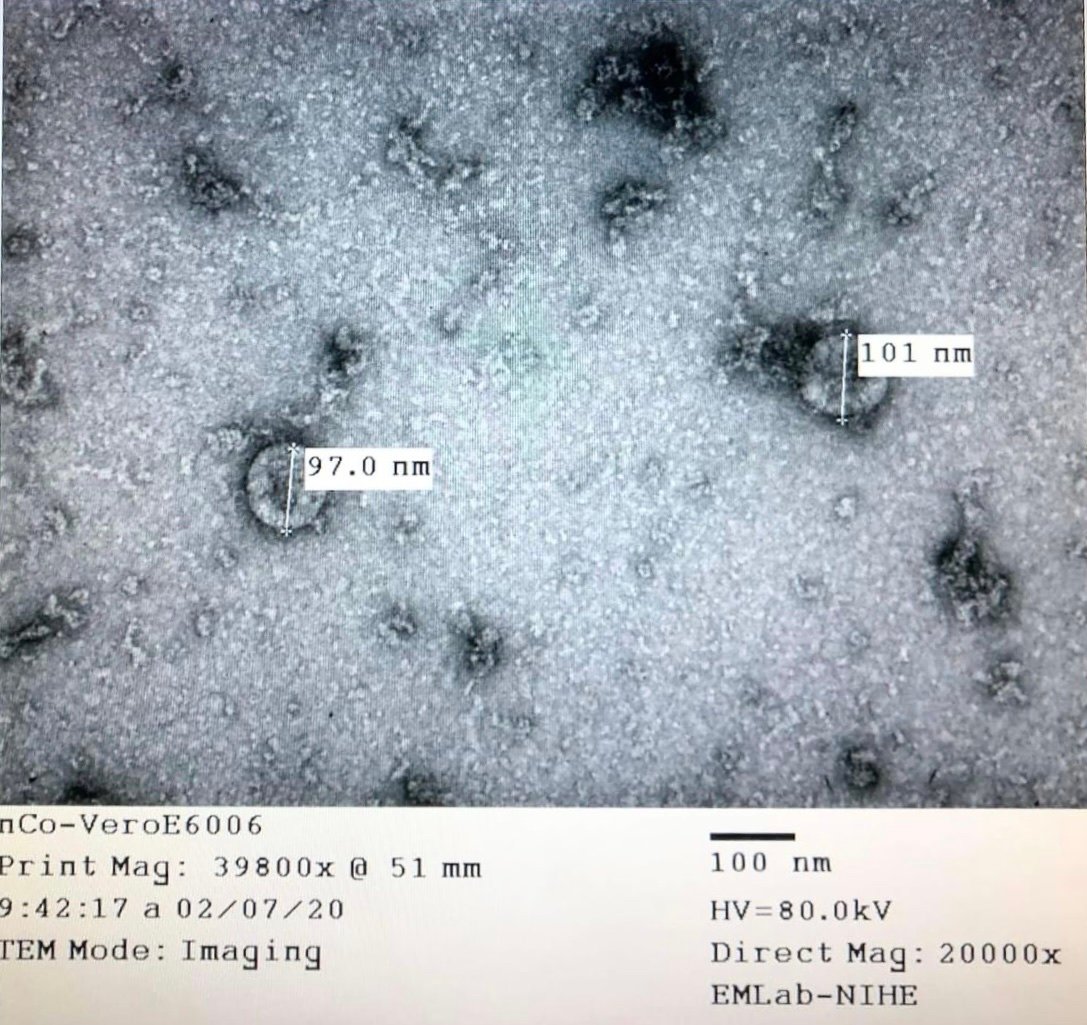
Isolating and sequencing genes to evaluate SARS-CoV-2 mutations helps produce highly effective vaccines to prevent and control epidemics.
Since May, TAG-CO-VAC has recommended the use of monovalent XBB.1 progeny, such as XBB.1.5, as vaccine antigens. Several manufacturers (using mRNA, viral vector, and protein-based vaccine platforms) have updated their Covid-19 vaccine antigen composition to the XBB.1.5 formulation, which has been approved for use by regulatory agencies.
Most recently, TAG-CO-VAC met from December 4-5 to review the genetic and antigenic evolution of SARS-CoV-2, and the efficacy of approved vaccines against circulating SARS-CoV-2 variants.
The TAG-CO-VAC bi-annual evidence review is based on the need to continuously monitor the evolution of SARS-CoV-2 and the dynamics of vaccine-derived immunity.
WHO has provided the latest update (December 13) on the antigenic composition of Covid-19 vaccines, stating that SARS-CoV-2 continues to circulate and evolve with important genetic and antigenic evolution of the spike protein.
Covid-19 vaccine XBB.1.5 on different platforms induces broadly cross-reactive neutralizing antibody responses against circulating SARS-CoV-2 variants. Given the evolution of current SARS-CoV-2 and the broad immune response demonstrated by the monovalent XBB.1.5 vaccine against circulating variants, TAG-CO-VAC recommends retaining the antigenic component of the current Covid-19 vaccine, i.e., monovalent XBB.1.5, as the Covid-19 vaccine antigen.
Along with the latest information on the antigenic composition of Covid-19 vaccines, WHO also said that vaccination programs can continue to use any Covid-19 vaccine on WHO's emergency use list or that has been prequalified.
Regarding the role of antigens in vaccine production, a vaccine and vaccination expert explains that, typically, vaccines contain weakened or inactive parts of a particular organism (antigen). Once in the body, vaccines create an immune response in the body (create antibodies specific to the antigen), helping the body fight off disease when infected with that pathogen.
Viruses, including SARS-CoV-2, the virus that causes Covid-19, evolve over time. As a virus replicates or makes copies of itself, it sometimes changes slightly, which is normal for viruses. These changes are called “mutations.”
A virus with one or more new mutations is called a "variant" of the original virus.
Most mutations in viruses have little or no effect on their ability to cause infection and disease. But, depending on where the changes are in the virus's genetic material, they can affect the virus's properties, such as transmission, for example, it may spread more or less easily; or severity, for example, it may cause more or less severe disease).
( World Health Organization)
Source link








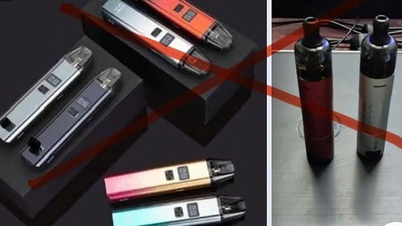
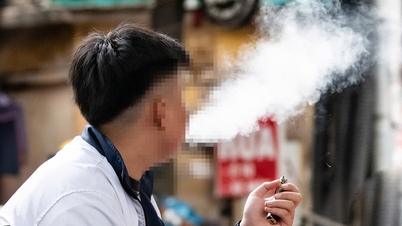

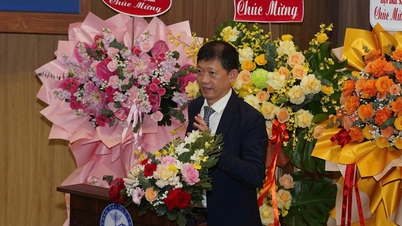
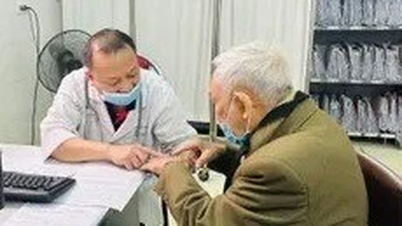




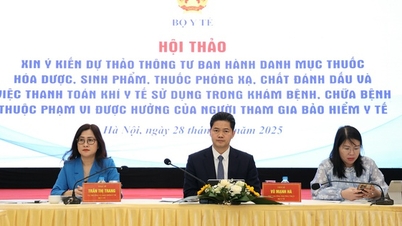

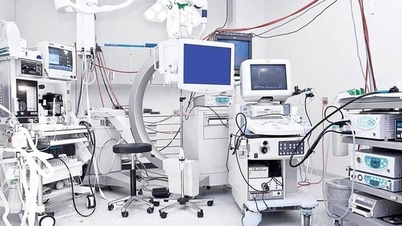
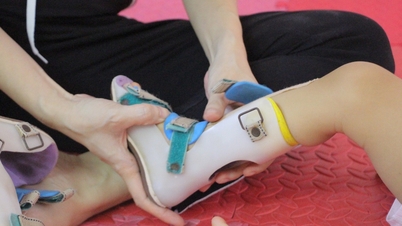
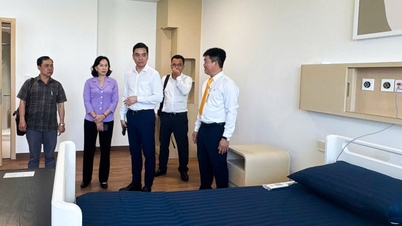
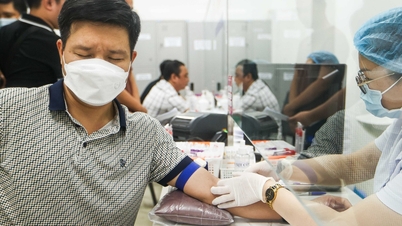





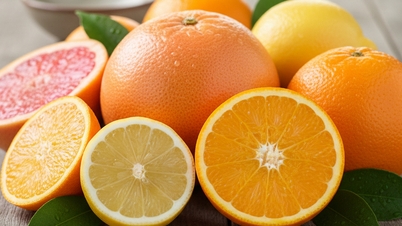

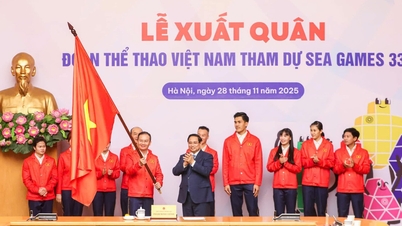

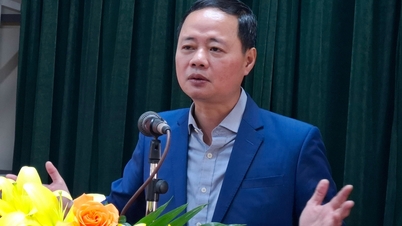



















































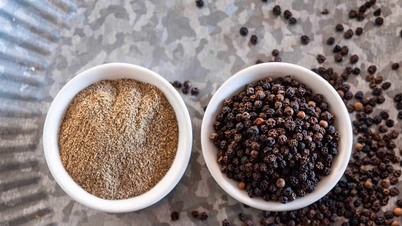


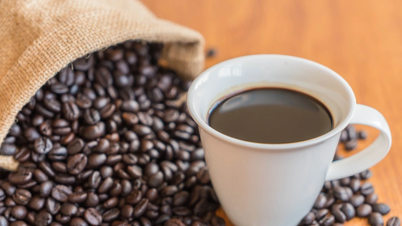
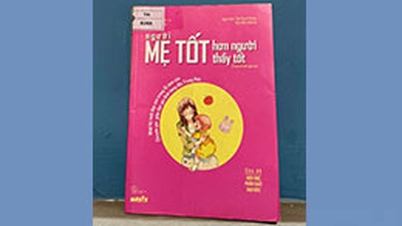

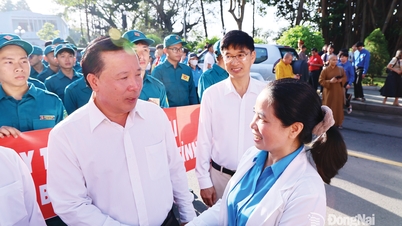












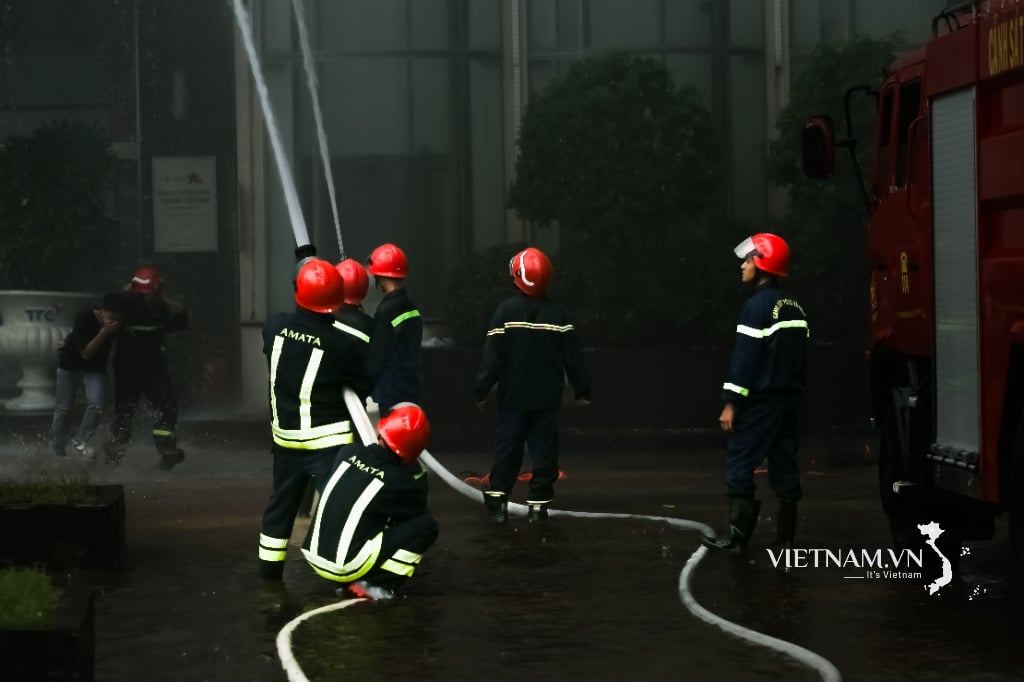


Comment (0)